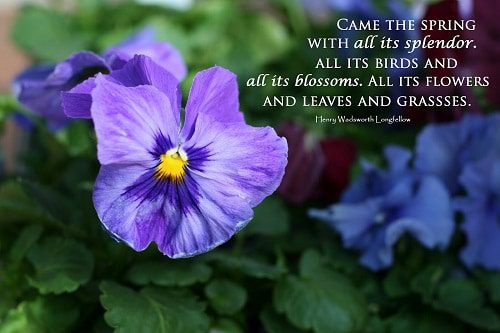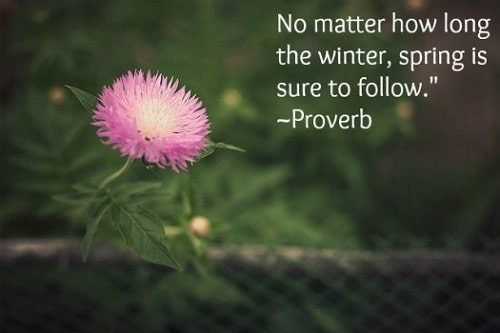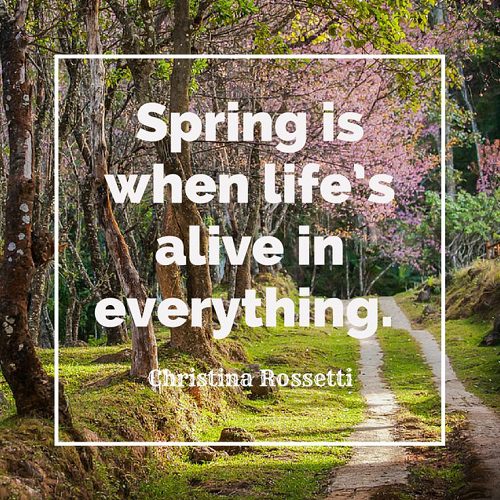I'm not asking you to hang upside down like this cat but the photo did prompt me to think about perspective in writing.
When we write, we are looking from our point of view. We're pulling up memories and experiences that help us write whatever it happens to be--fiction, essays, articles, poems and more. Those memories and experiences belong to us as individuals.
When I write a scene about the downtown shopping area of a large city, I dig deep into my memory bank and relive those many times when my mother and I took the 'el' train to downtown Chicago. I remember the sights, the smells, the sounds--oh yes, the sounds. There were horns honking, trains roaring across tracks above us, whistles blown by policemen, the click of shoes on pavement, the flapping of pigeons' wings--all of those things are part of my perspective of the downtown of a large city. Moments of Christmas magic return to me when I think about the wonderful animated holiday windows at Marshall Field's. Even now, thinking about them, I can feel my mother's hand holding firmly onto my much smaller one. That, too, is Chicago to me.
What about a writer who grew up in a small rural community? Can they give the reader the same perspective in a scene in downtown Chicago as I, who lived there, can? A few might but not all. Conversely, I could probably not write nearly as well about a rural scene since I don't have those sounds, smells and more locked into my memory bank. I might make them up but they might not come across as well to the reader.
Write what you know. How many times have you heard that? I think we can write about things we don't know but we will probably write better about things we do know. Our perspective, or our attitude, will change with the topic.
Should writers give thought to the way their readers will look at what they've written? Yes, I think we must step back every now and then and try to place our self in the reader's place. Try to figure out how they area going to see what you wrote. Not so easy since we have so many different readers, all individuals. Still, you can do this in a general way. Open the gate and step through the fence from the writer's side to the place where the reader resides. Try to see your own writing through their eyes.
As an exercise for today, choose a character and take them to a place you know. Describe what they see, hear, feel, smell in this place. If it is familiar to them, let your reader know. If it is a strange new place, specify that, as well. Try writing the scene from two different perspectives. It's not as easy as you think.


































 Here's Kathy with more answers to my questions. Below Part 2 of the interview, look for her bio and several links. Do take some time to click and visit her. I've been so pleased to have Kathy as my Guest.
Here's Kathy with more answers to my questions. Below Part 2 of the interview, look for her bio and several links. Do take some time to click and visit her. I've been so pleased to have Kathy as my Guest.


